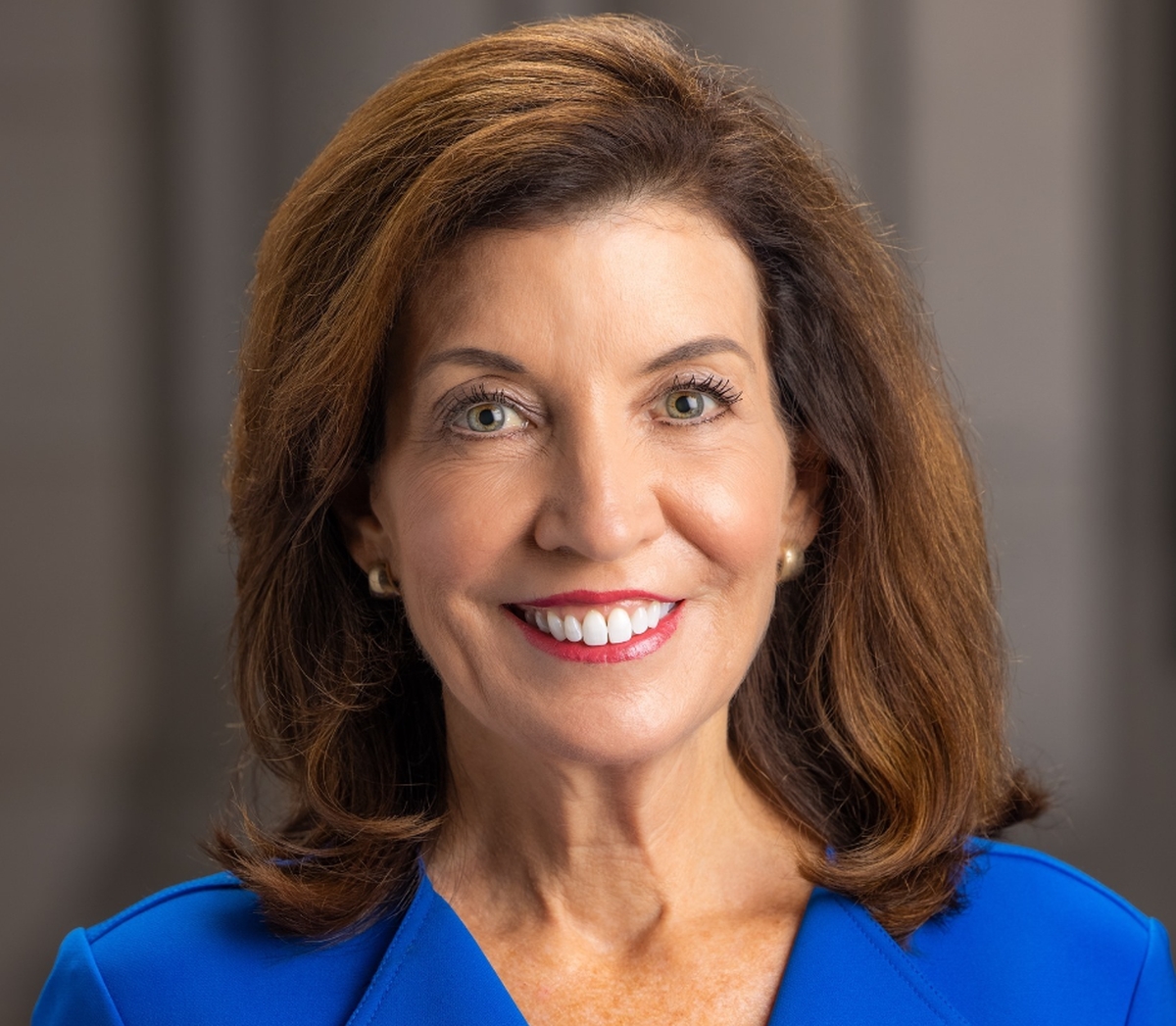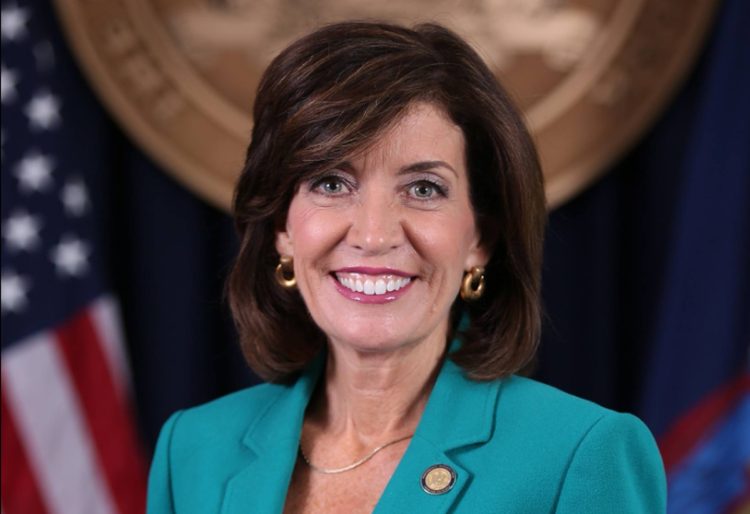New York Governor Kathy Hochul has approved two new bills to protect children and young people from the negative effects of social media. With these laws, New York is the latest state to take action ahead of pending bills at the federal level.
The first law, the “Stop the Abuse of Addictive Feeds for Children (SAFE) Act,” requires social media companies to obtain parental consent when creating “addictive feeds” for users under 18. The second law is the “New York Child Data Protection Act.” It restricts the unauthorized collection and sale of minors’ data and will take effect within a year.
Growing awareness and political consensus on social media regulation in the US
Many states in the United States are passing similar laws to protect children from the potential harm of the internet. For example, Florida Governor Ron DeSantis signed a bill in March requiring parental consent before children under 16 can open social media accounts. Maryland Governor Wes Moore signed legislation in May to ban using features such as autoplay and spam notifications to keep minors on social media for long periods. This is one of the few issues where both Republicans and Democrats have found common ground.
At a press conference before the signing, Governor Hochul said, “Are we going to hold our breath and wait for a federal solution? I’m not waiting.” Hochul said they aim to protect children’s mental health from the addictive streaming of social media platforms and sleep disrupted by social media use at night. In addition to algorithm restrictions, the new laws prohibit platforms from sending notifications to minors between midnight and 6 a.m. without parental consent. It also instructs the attorney general’s office to determine appropriate age verification methods and specify that they cannot rely solely on biometric or government identification. The law will take effect 180 days after the attorney general’s rules, and companies can be fined for violations.

New York Attorney General Letitia James emphasized that they were fighting opposition from tech industry lobbyists. “They threw money, we had bodies“, James said, noting the support of parents who recognize the dangers of social media.
At the federal level, important proposals such as the Child Online Safety Act (KOSA) have been introduced but have yet to be voted on and have faced opposition from some groups. In particular, groups such as the LGBTQ+ community are concerned that resources may be limited. New York’s SAFE for Kids Act is considered unconstitutional by some critics.
Industry association NetChoice argues that the law requires websites to order posts chronologically and prioritizes recent posts on sensitive topics, increasing children’s exposure to harmful content. Adam Kovacevich, CEO of the Chamber of Progress, warned that the SAFE for Kids Act “faces a constitutional minefield” and said banning algorithms would make social media worse for young people.
In California, a similar law, the Age Appropriate Design Act, was blocked by a court. The court ruled that the challenge was likely to win on the merits because the law’s data and privacy protections, intended to protect children from harmful content, would protect adults from the same content.
However, Hochul said in an interview with CBS News that they believe the SAFE for Kids Act is constitutional. New York’s new laws show that states continue to protect children online by taking action while federal regulations await. These developments may pose challenges for smaller players in the industry. Still, important steps continue to be taken to keep children safe.
Featured image credit: Kathy Hochul’s Facebook page





